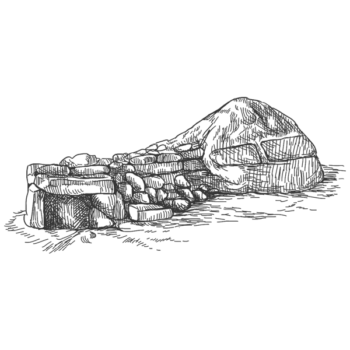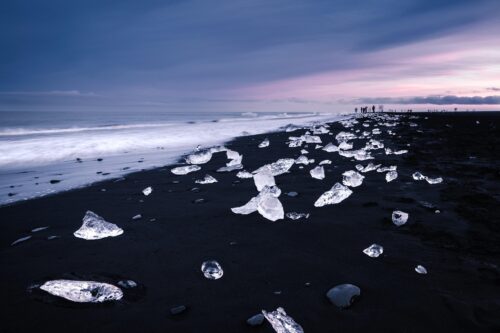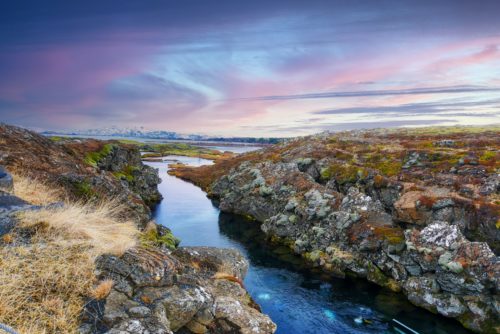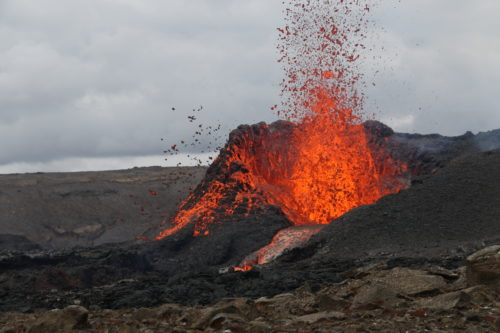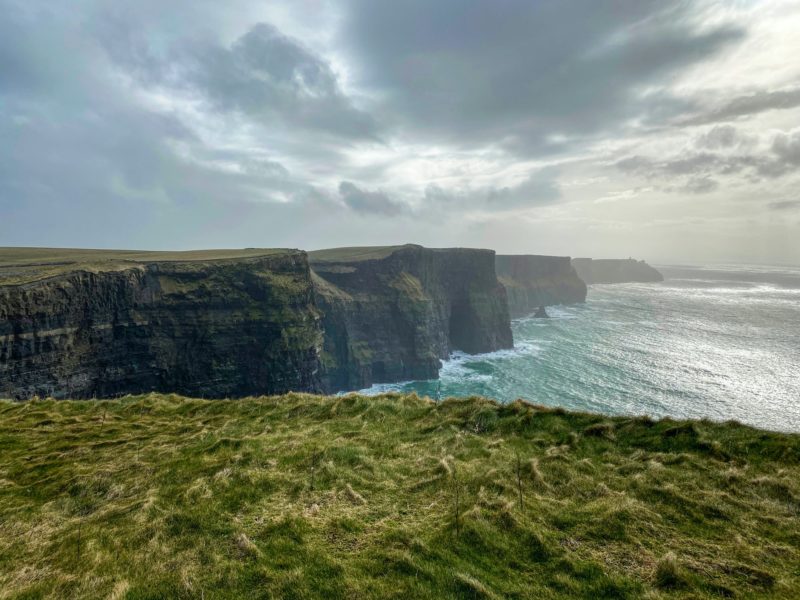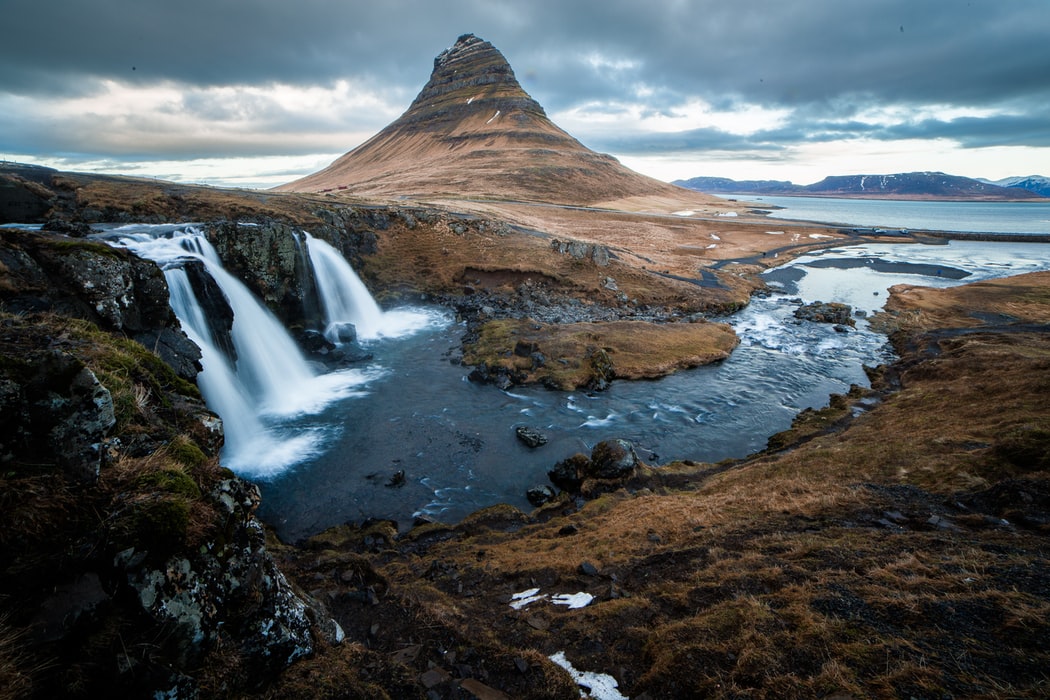
Iceland
Iceland
Science in Iceland
Iceland is "the land of ice and fire": volcanoes next to glaciers, geophysics next to biology. Due to its extraordinary location, Iceland offers a place where research is possible like in hardly any other country. The island lies isolated in the middle of the North Atlantic, just south of the Arctic Circle and at the junction of two continental plates. For this reason, Iceland is working particularly intensively in the field of glacier and avalanche research, as well as in seismology and volcanology. Marine and freshwater research is also a focus. Inevitably, Iceland also occupies a leading position in genomics. There are less than 360,000 people living on the island, most of whom have made their DNA available for research. As a result, precise documentation of genealogical data has existed for about a thousand years. Overall, the country is considered very progressive and is known for the use of geothermal power plants and high-tech greenhouses, among other things - the location makes this possible or necessary.
The Facts
| Population | 394,000 [1] |
| Area | 100,830 km² [2] |
| Gross domestic product per capita in US-Dollar | 79,998.0 [3] |
| Public expenditure on education (share of GDP) | 7.7 % [4] |
| Universities | 9 |
| Universities per 1 million inhabitants | 26.90 |
| Students | 18,297 |
| Expenditure on Research and Development (share of GDP) | 2.0 (share of GDP) [5] |
Quellen:
-
↑
https://www.destatis.de/DE/Themen/Laender-Regionen/Internationales/Laenderprofile/island.pdf?__blob=publicationFile
-
↑
https://www.destatis.de/DE/Themen/Laender-Regionen/Internationales/Laenderprofile/island.pdf?__blob=publicationFile
-
↑
https://www.destatis.de/DE/Themen/Laender-Regionen/Internationales/Laenderprofile/island.pdf?__blob=publicationFile
-
↑
https://www.destatis.de/DE/Themen/Laender-Regionen/Internationales/Laenderprofile/island.pdf?__blob=publicationFile
-
↑
https://www.destatis.de/DE/Themen/Laender-Regionen/Internationales/Laenderprofile/island.pdf?__blob=publicationFile
